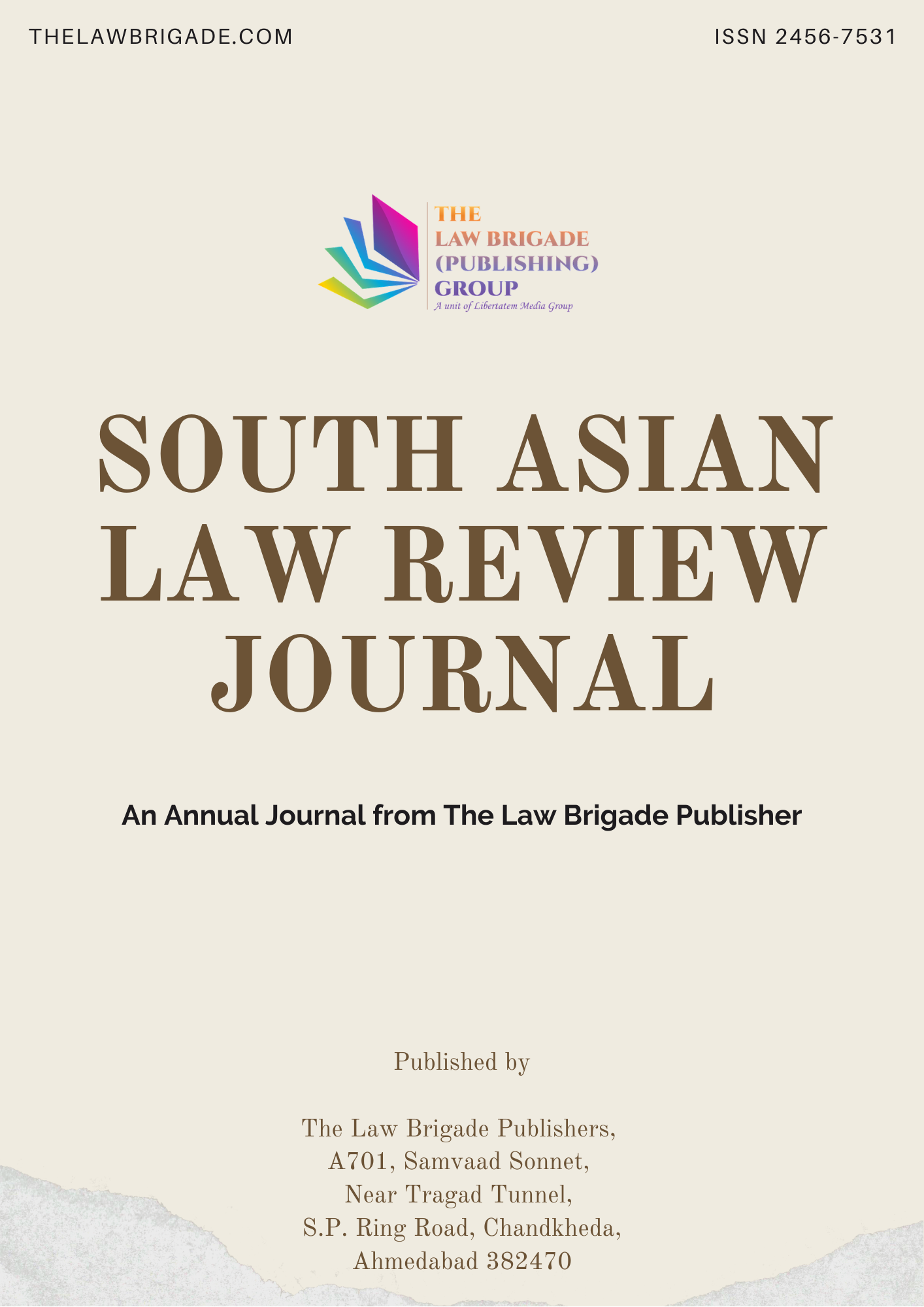In India, the societal opinion on marriage has historically been very conservative; divorce is considered to be taboo. Being in line with such views, personal laws are shaped in India in such a way where judges are directed to be very paternalistic; to try their best at reconciliation first. This is clearly mentioned in both, the Hindu Marriage Act[i] and the Special Marriage Act[ii]. In addition, similar provisions relating to the restitution of conjugal rights exist throughout various personal laws[iii]. Jani & Anr. v. Mohammed Khan[iv] and Monshee Bazloor v. Mohammed Khan[v]are some examples of Muslim personal law providing such a matrimonial relief of restoration of cohabitation. Owing to this deeply rooted relief in Indian law, there are a majority of cases which have come to Court requesting this decree to be passed. A majority of these cases have been ruled in favour of the party petitioning for restitution of conjugal rights. However, keeping in mind the changing times and the recent debate on the right to privacy[vi], the law must adapt to the new sentiments of its citizens. Numerous petitions have come about, arguing that such a law is archaic and in violation of the constitutional right to privacy, the most recent one in front of the Supreme Court being Ojaswa Pathak v. Union of India[vii] (2019-date). This topic has become the basis of a debate among Courts. Therefore I explore the question, ‘Should restitution of conjugal rights be retained or removed?’
Restitution of conjugal rights is a matrimonial relief provided to spouses of a valid marriage[viii] under Indian law. The aim of such a law was the idea that the people in a marriage are entitled to the consortium of each other; comfort, affection and aid. This was believed to be fundamental to the institution of marriage. Section 9 of the Hindu Marriage Act, 1955 states, “When either the husband or the wife has, without reasonable excuse, withdrawn from the society of the other, the aggrieved party may apply, by petition to the district court, for restitution of conjugal rights and the court, on being satisfied with the truth of the statements made in such petition and that there is no legal ground why the application should not be granted, may decree restitution of conjugal rights accordingly.” Let us break this down and understand what this actually means.
[i] Section 23(2)
[ii] Section 34(2)
[iii] Under section 9 of the Hindu Marriage Act, 1955, under section 32 and 33 of the Divorce Act, 1869, under section 36 of Parsi Marriage and Divorce Act, 1936 and under section 22 of the Special Marriage Act, 1954
[iv] AIR 1970 J&K 154.
[v] (1867) MIA 55.
[vi] Owing to the Justice K. S. Puttaswamy (Retd.) and Anr. v. Union Of India And Ors, (2017) 10 SCC 1.
[vii] W.P.(C) No. 000250 – / 2019
[viii] Sanjeev Kumar v Priti Kumari, AIR 2011 Jha 1 (if the marriage was neither solemnised nor registered, relief was not granted).





